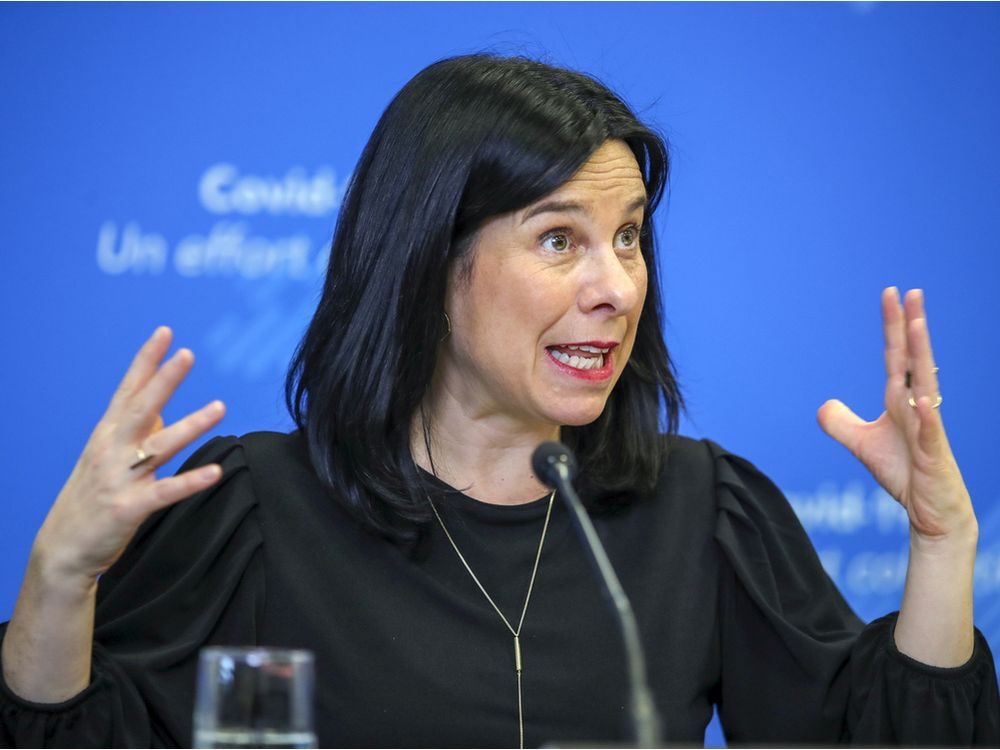Altair
Army.ca Veteran
- Reaction score
- 717
- Points
- 1,110
I'm just going to walk back my statement that municipalities cannot go into debt. I was wrong. They cannot run deficits. But they can borrow money for capital expenses, which is debt, and it a roundabout way to run a deficit.Not as depressing as this, of course. From last year, but the situation hasn't improved all that much.
You're welcome
COVID-19: City of Vancouver at risk of bankruptcy, says mayor
The City of Vancouver is at risk of going bankrupt, says the mayor, citing a recent poll showing more than half of property owners are not expecting to pay full property taxes this year as COVID-19 financial woes take hold.
In a press release issued on Sunday afternoon, Mayor Kennedy Stewart said his earlier claim that the city would lose up to $189 million in revenue and fee shortfalls in 2020 could be $325 million short of the mark. The city has already laid off 1,500 workers.
“If 25 per cent of homeowners do end up defaulting on their property taxes, we could shed up to an additional $325 million in revenues,” Stewart said. “Losing more than half-a-billion dollars in operating funds in 2020 would devastate the city’s financial position, forcing us to liquify assets and exhaust every reserve fund we have — just to avoid insolvency.”
Property taxes make up the bulk of the city’s revenues at $874 million in 2019.
Stewart said that Research Co. polling commissioned by his office found that a quarter of all property owners would not be able to pay more than half their property tax owed in 2020 and that six per cent were not expecting to pay anything at all.
The poll also found that 68 per cent of Vancouver home owners did not pay their full mortgage on April 1, and that 55 per cent were not expecting to make their full mortgage payment on May 1.
According to the Canadian Bankers Association, over 500,000 Canadians have asked for mortgage deferrals in the wake of the COVID-19 crisis. This comes are banks are increasing interest rates.
The Research Co. survey also found Vancouver renters were being hit hard, with 30 per cent not able to make their full April rents and 63 per cent not expecting to make full rent in May.
Over one million Canadians have so far applied for the federal government’s $2,000 a month COVID-19 emergency benefit.
The survey found that 46 percent of those living in the city had either lost their jobs or experienced a reduction in hours. This has led to half of all households reporting an overall decrease in income, with 24 percent experiencing a significant decrease.
“The research is clear — the city’s finances are going to be negatively affected by COVID-19 due to lost revenues and hard-hit homeowners defaulting on their property taxes,” Kennedy said.
“It’s illegal for Vancouver and other local governments to run deficits, so the only way we can stay afloat is with the help of the federal and provincial governments. Otherwise, local governments will be forced to take drastic measures that will hurt residents and businesses, and significantly slow any post-pandemic economic recovery.”
According to the city’s financial records , the city’s overall financial position improved by $300.8 million in 2019 with accumulated surplus totalling $7.9 billion. The city is carrying $1 billion in debt and last year received an extra $40 million in property tax, as payments from developers plunged. City expenses climbed over $300 million a year between 2015 and 2019.
The city has $1.28 billion in reserves, including $146 million set aside for catastrophic events.
Last week, Mayor Stewart called on the provincial government to give the city $200 million.
The online survey was conducted by Research Co. between April 9 and April 10, 2020. The results for employed residents are based on a sample of 421 Vancouver residents, the results for homeowners were based on a sample of 278 Vancouver residents and the results for renters were based on a sample of 301 Vancouver residents.

COVID-19: City of Vancouver at risk of bankruptcy, says mayor | SaltWire
The City of Vancouver is at risk of going bankrupt, says the mayor, citing a recent poll showing more than half of property owners are not expecting to pay ...www.saltwire.com
Montreal facing a financial time bomb along with Vancouver.

A financial time bomb hangs over Montreal's municipal election
The next mayor will inherit one of the highest debts relative to revenue of any Canadian municipality. And that's just the beginning.
- Montreal forecasts its long-term debt will hit $18.4 billion in 2023, triple what it was in the first year of the municipal mergers in 2002. The increase is mostly due to extra borrowing for public transit infrastructure projects, including the métro Blue Line extension.
- Already, Montreal has one of the highest debts relative to revenue of any Canadian municipality, and one of the highest interest payment burdens relative to revenue. Montreal forecasts that in 2023 property taxpayers will be footing nearly $1 billion a year in interest and fees on the municipal debt. That’s $73 million more than this year, and that means $73 million less for services, such as buying library books, collecting garbage, pruning tree branches and filling potholes.
- Montreal’s net debt — the portion of debt assumed by municipal taxpayers with no assistance from the provincial government — was $8 billion in 2019, according to that year’s financial statements. (This year’s budget says the net debt in 2019 stood at $7.3 billion.) That rivals Toronto’s $8.2 billion net debt, even though Toronto has 1 million more residents and more than double Montreal’s annual operating budget to absorb the interest payments on that debt.




